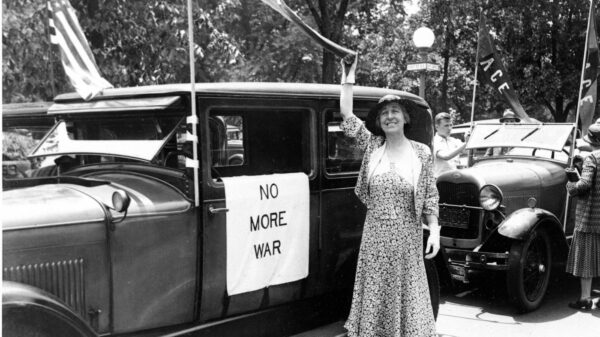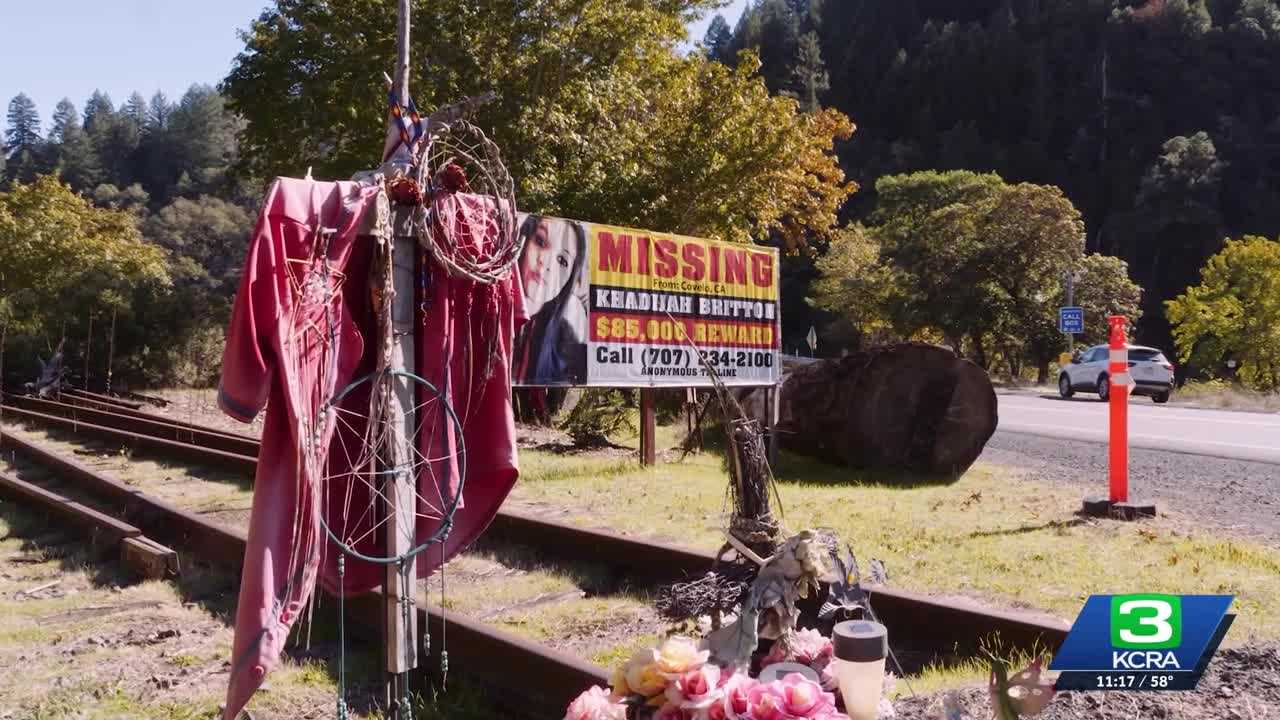UPDATE: A new task force has been launched in Sacramento to tackle the urgent crisis of Missing and Murdered Indigenous Persons (MMIP), with a focus on solving cold cases that have plagued communities for years. The task force, led by Wilton Rancheria Chairman Jesus Tarango, aims to bring justice for victims like Khadijah Britton, who was kidnapped on February 8, 2018, in Covelo, California.
California ranks fifth in the nation for MMIP cases, a statistic that underscores the gravity of the situation. The Mendocino County Sheriff’s Office is currently investigating Khadijah’s case, where she was last seen being forced into a vehicle by her ex-boyfriend, Negie Fallis, at gunpoint. Despite being a person of interest, Fallis has not yet been charged in connection with her disappearance.
Khadijah’s story resonates deeply within the community of Covelo, which has been marked by violence and fear. Her family, particularly her grandfather, Ronnie Hostler, expresses growing frustration over the lack of action: “She’s still missing, even though all those resources know what he did.” This sentiment reflects the silence surrounding many MMIP cases, which often go unresolved.
The new task force has garnered support from key law enforcement figures, including Sacramento County District Attorney Thien Ho, who emphasized the need to bridge the trust gap between tribal communities and law enforcement. “We have dedicated an attorney, an investigator, and a victim advocate,” Ho stated, adding that the office will utilize advanced DNA technology to revisit cold cases.
Moreover, Sacramento County Sheriff Jim Cooper has committed experienced homicide detectives to the task force, citing that many cases may span decades: “Some are 10, 20, even 30 years old.” The collaboration aims to bring fresh eyes to cold cases and utilize new scientific advancements that could potentially solve them.
As the task force begins its critical work, the emotional toll on families like Khadijah’s is palpable. Outside of Covelo stands a tree adorned with red dresses—a poignant symbol representing the countless missing and murdered Indigenous women. Khadijah’s grandfather shared his desperation: “I want justice. That’s my main goal now. Time’s not on my side.”
Each year, at least 20 MMIP cases are reported in Northern California alone, but experts believe the actual numbers are significantly higher due to underreporting. A 2016 study by the National Institute of Justice revealed that over 84% of Native American women have experienced some form of violence in their lifetime. Alarmingly, Native women face murder rates that exceed the national average by more than 10 times.
In response to this ongoing crisis, Governor Gavin Newsom has signed multiple bills aimed at addressing MMIP cases, signaling a commitment at the state level to combat this epidemic. As the task force begins its critical work, families across California are hopeful for justice and resolution.
With the formation of the Missing and Murdered Indigenous Persons Task Force, there is renewed hope for the families impacted by this silent crisis. The community is urged to stay tuned for updates as the task force embarks on its mission to solve these heartbreaking cases.



































































